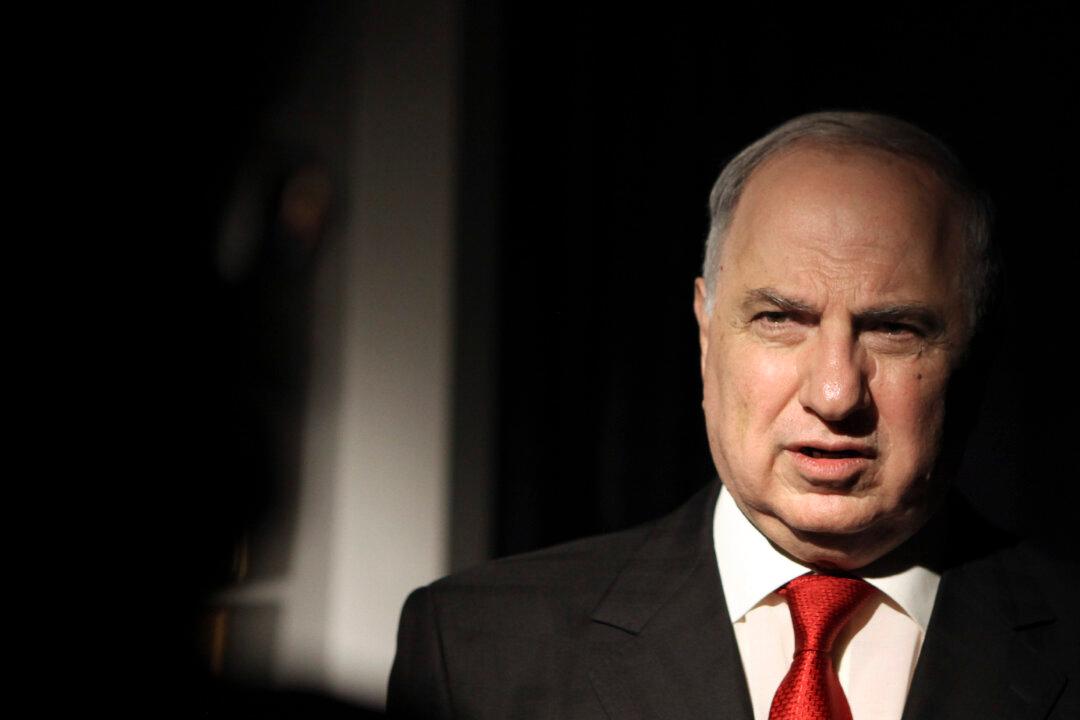Iraq’s Ahmad Chalabi, Leading Voice Behind 2003 War, Dies
Ahmad Chalabi, a prominent Iraqi politician who helped convince the Bush administration to launch the 2003 invasion to overthrow Saddam Hussein by providing false evidence of weapons of mass destruction, has died of a heart attack

FILE - In this Wednesday, May 5, 2010 file photo, Ahmad Chalabi, the head of the Accountability and Justice Committee speaks during an interview with The Associated Press in Baghdad. Iraqi state TV says Chalabi, a prominent politician who strongly advocated the 2003 U.S.-led invasion to overthrow Saddam Hussein, has died of a heart attack at the age of 70.AP Photo/Karim Kadim, File
|Updated:




